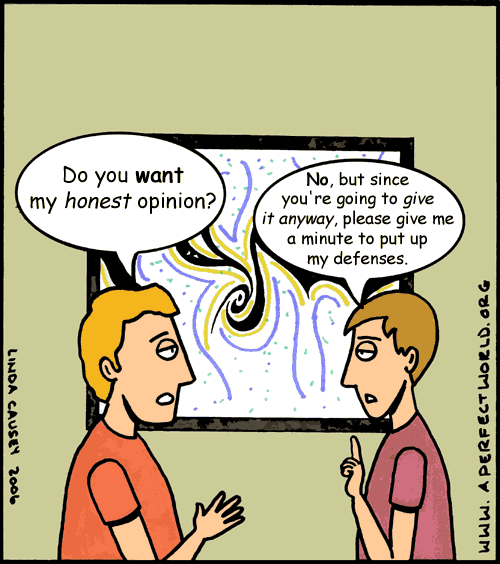 In Northern Ireland, the Minister for Finance has just published a Review of the Law of Defamation, prepared for it by Andrew Scott (Associate Professor of Law, LSE). Prof Scott had prepared a consultation paper for the Northern Ireland Law Commission (NILC) in November 2014. The consultation period closed on 20 February 2015. The NILC itself closed on 31 March 2015. So Prof Scott’s final Report (pdf) was submitted directly to the Ministry for Finance, which has just published it. The Report builds on the work of the NILC, draws on the consultation responses that it received, assesses the recent experience of the law of defamation in England and Wales under the Defamation Act 2013, and sets out recommendations for reform of the law of defamation in Northern Ireland. Most of the recommendations require legislation by the Northern Ireland Assembly, so a Bill to this effect is included as Appendix 1 to the Report. A second draft Bill that would merely emulate the 2013 Act in Northern Irish law is included as Appendix 2.
In Northern Ireland, the Minister for Finance has just published a Review of the Law of Defamation, prepared for it by Andrew Scott (Associate Professor of Law, LSE). Prof Scott had prepared a consultation paper for the Northern Ireland Law Commission (NILC) in November 2014. The consultation period closed on 20 February 2015. The NILC itself closed on 31 March 2015. So Prof Scott’s final Report (pdf) was submitted directly to the Ministry for Finance, which has just published it. The Report builds on the work of the NILC, draws on the consultation responses that it received, assesses the recent experience of the law of defamation in England and Wales under the Defamation Act 2013, and sets out recommendations for reform of the law of defamation in Northern Ireland. Most of the recommendations require legislation by the Northern Ireland Assembly, so a Bill to this effect is included as Appendix 1 to the Report. A second draft Bill that would merely emulate the 2013 Act in Northern Irish law is included as Appendix 2.
The Report recommends that, to a significant extent, measures equivalent to the provisions of the 2013 Act should be introduced into Northern Irish law. However, one of the substantial changes from the 2013 Act relates to the proposed new defence of honest opinion. In section 3 of the 2013 Act, the defence of honest opinion is as follows:
(1) It is a defence to an action for defamation for the defendant to show that the following conditions are met.
(2) The first condition is that the statement complained of was a statement of opinion.
(3) The second condition is that the statement complained of indicated, whether in general or specific terms, the basis of the opinion.
(4) The third condition is that an honest person could have held the opinion on the basis of—
(a) any fact which existed at the time the statement complained of was published;
(b) anything asserted to be a fact in a privileged statement published before the statement complained of. …
The Report recommends that a drafting error be corrected, and that the section should be substantively amended in two further ways
- it should be possible for a publisher to rely not only on true underpinning facts or privileged statements as the basis for his or her opinion, but also on “facts” that he or she “reasonably believed to be true at the time the opinion was published”. This expands the defence, especially so as to defend the position of social media commentators …
- it is recommended that it be made clear that the defence extends to cover “inferences of verifiable fact”. This is intended to clarify an aspect of the defence that is agreed to be the current law by many legal commentators, but on which there remains a measure of uncertainty in English law …
In Ireland, section 20 of the Defamation Act, 2009 introduced a similar defence of honest opinion, but required that the opinion relate to a matter of public interest (section 20(2)(c)). Given that there is a public interest defence elsewhere in the 2009 and 2013 Acts, there is no need for a public interest requirement in the defence of honest opinion. The Irish section should be amended to come into line at least with the 2013 Act, if not with the NI proposals. Their publication today is very welcome indeed, and Prof Murray is to be commended for his excellent Report. The Irish Act is in need of revision, but none is envisaged in the Government’s Legislation Programme (pdf). Nevertheless, a review of the operation of the 2009 Act is due, and it is to be hoped that the English experience of the 2013 Act and the Northern Ireland Report will be taken into account – in particular, to make the defence of honest opinion workable.
5 Reply to “Reform of the law of defamation – the defence of honest opinion”